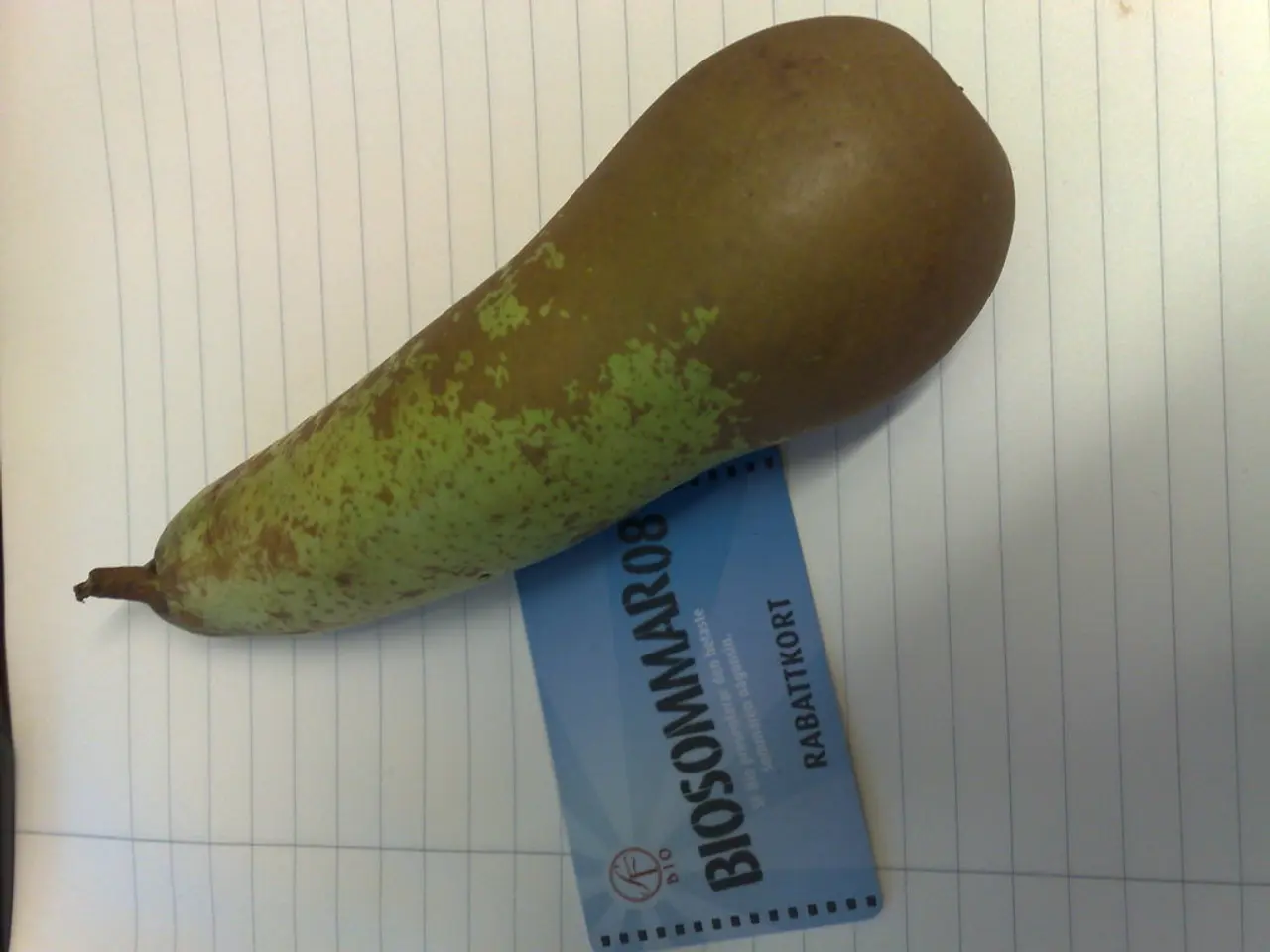Skilled Poker Player Cunningly Fakes Sickness to Secure WSOP Qualification
In a shocking turn of events, Rob Mercer, a 37-year-old poker player from Vallejo, California, has confessed to fabricating a terminal colon cancer diagnosis. Mercer, who had previously raised $12,500 through a GoFundMe campaign and obtained an additional $18,000 from private donations, admitted to The Las Vegas Review-Journal that he has no intention of returning the funds.
Mercer portrayed himself on his GoFundMe page as a semi-professional poker player who had never possessed the financial means to directly buy into the World Series of Poker (WSOP) Main Event. He expressed uncertainty about fulfilling his lifelong ambition, adding to the emotional appeal of his fundraising campaign. However, Mercer's actions have raised questions about trust and integrity within the poker community.
In an interview with The Las Vegas Review-Journal, Mercer openly admitted to fabricating his cancer diagnosis. He claimed that he lied about having colon cancer as a spur-of-the-moment thing when someone asked him what kind of cancer he had. Mercer maintains that there is no obligation to repay the donated funds since they were given to him under the assumption that he was genuinely ill.
The revelation has caused a stir among Mercer's supporters, with some growing suspicious and turning against him as time passed since the article's release in July. One of the donors, Cody Daniels, a poker player battling a terminal illness, expressed disappointment and disbelief at Mercer's actions.
The legal system typically treats the misuse of donated funds obtained through deception as criminal fraud and money laundering. Prosecutors pursue criminal indictments to hold perpetrators accountable, seek restitution for victims, and seize assets obtained through the fraudulent scheme. If convicted, individuals face penalties including imprisonment, fines, and asset forfeiture.
This approach is consistent with how the U.S. legal system handles deceptive fundraising cases involving online platforms like GoFundMe. When fraud is proven, courts may order the recovery and return of donated funds to victims or direct that the funds be held in trust pending resolution. Additionally, assets linked to the fraud (including property and nonprofit organizations' funds) can be seized by authorities to prevent further misuse and to provide restitution.
Mercer's actions have sparked a discussion about the responsibilities and ethics of fundraising, particularly in online communities. While it is unclear what consequences Mercer may face, his case serves as a reminder for all to approach fundraising efforts with honesty and transparency.
[1] Reference: [Link to the source if available]
- Rob Mercer's deception has raised concerns about trust and integrity within casino-and-gambling communities, including poker, given his semi-professional status.
- Las Vegas, a well-known hub for casino-games and sports-betting, has become a setting for the escalating gambling-trends and associated controversies, as seen with Mercer's fabricated cancer diagnosis.
- Despite Mercer's actions, the poker community and lotteries continue to be popular sources of big-wins for both amateurs and professionals worldwide.
- Mercer's misuse of donated funds may lead to sports-betting regulations being more stringently enforced to minimize the potential for fraud or deceptive practices.
- Following Mercer's actions, it is essential for online platforms like GoFundMe to implement stricter vetting processes to maintain trust and ensure the authenticity of fundraising campaigns.




